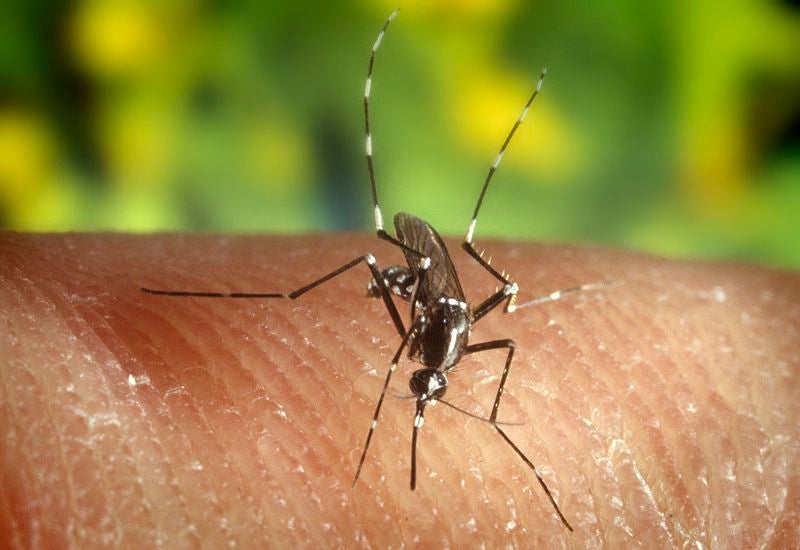
Dengue fever could prove to be more costly globally and cause more sickness than malaria, according to a new report published in the American Journal of Tropical Medicine and Hygiene.

Discover B2B Marketing That Performs
Combine business intelligence and editorial excellence to reach engaged professionals across 36 leading media platforms.
A study conducted by Brandeis University’s Schneider Institutes for Health Policy researchers found that the cost of treating the disease often burdens households more than any other party, with sufferers often forced to pay for almost half of the cost of the treatment.
Governments pay 24% of disease costs and insurance companies and employers pick up 22% and 7% of the costs respectively.
The study also found that dengue fever, transmitted through mosquito bites, places an annual burden of $37.8m on Puerto Rico and has also recently broke out in the Florida Keys, US, despite public perception that it mainly inflicts poor countries.
The paper’s co-author Donald Shepard said: "People generally think of dengue as a disease of poor countries; the fact that we found it to be a major burden in a US territory – and because it recently has cropped up on the US mainland – is a reminder that mosquito-borne illnesses can present an equal opportunity threat."

US Tariffs are shifting - will you react or anticipate?
Don’t let policy changes catch you off guard. Stay proactive with real-time data and expert analysis.
By GlobalDataThe study, which was funded through a contract with Sanofi Pasteur, the manufacturer of a dengue vaccine in late stage clinical development, also found that traditional methods of disease surveillance and prevention could prove to be substantially more efficient.
For every $1 invested into these methods, $5 could be saved in the costs of the illness, making the disease more important than malaria in terms of considered economic impact.
President of the American Society of Tropical Medicine and Hygiene, James Kazura, said: "The type of data provided by this study is essential for policymakers to make evidence-based decisions on public health tools, such as disease surveillance and mosquito control campaigns, so that we can reduce this economic burden."
Dengue fever, known as ‘break-bone fever’ due to it listing excruciating joint pain in its symptoms, infects between 100 and 200 million people each year, resulting in around 20,000 deaths.
Photo: Dengue fever, much like malaria, is transmitted through mosquito bites, but could prove to be more economically devastating than malaria. Image courtesy of: James Gathany.




